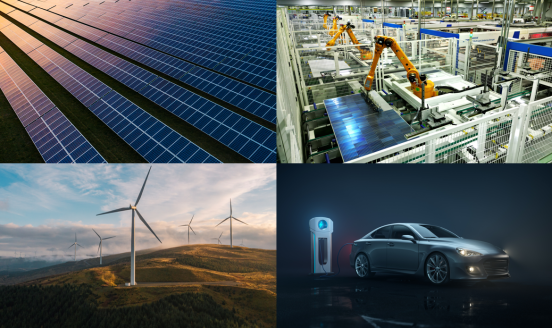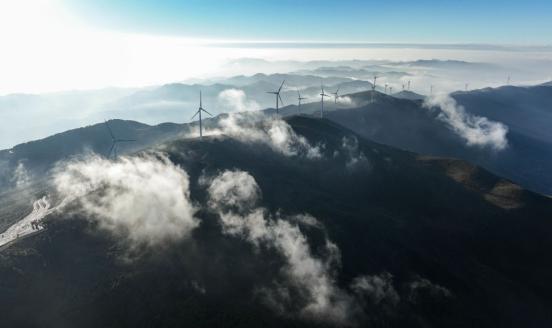What decisions could indicate success at COP28?


All eyes will be on COP28 in Dubai. It is the first time a major oil and gas exporting country will host the conference, sparking concerns of greenwashing among the global climate community. COP28 will also take place amid two major conflicts – the war in Ukraine and the Israel-Hamas war - which will likely have ramifications for climate negotiations. The first global stocktake (GST) of global climate action under the Paris Agreement will be delivered in Dubai. What are the key indicators of success at COP28?
First, the outcome of the GST will likely illustrate the world's current failure in duly addressing the climate crisis. Countries should signal their readiness to enhance their decarbonisation plans with concrete actions to correct course.
Second, participating countries are unlikely to reach an agreement on the phase-out of unabated fossil fuels but they are likely to reach an agreement on tripling renewable power capacity to 11 TWh and doubling energy efficiency improvements by 2030.
Third, rich countries might show willingness to support new global targets on renewables and energy efficiency with real financial commitments by stepping up their efforts to reach the level of $100 billion in climate finance which was pledged in 2009. The Global North might also pledge to support the Global South in its climate transition efforts.
Fourth, if the loss and damage fund which was agreed upon at COP27 is approved and adopted at COP28, it would go a long way in supporting developing countries which are vulnerable to the negative effects of climate change. Fifth, countries could agree on an ambitious global goal of adaptation and adopt a clear framework to mobilise the required finance to fund it. Only time will tell which, if any, of these indicators of success will arise at COP28.
The Why Axis is a weekly newsletter distributed by Bruegel, bringing you the latest research on European economic policy.



